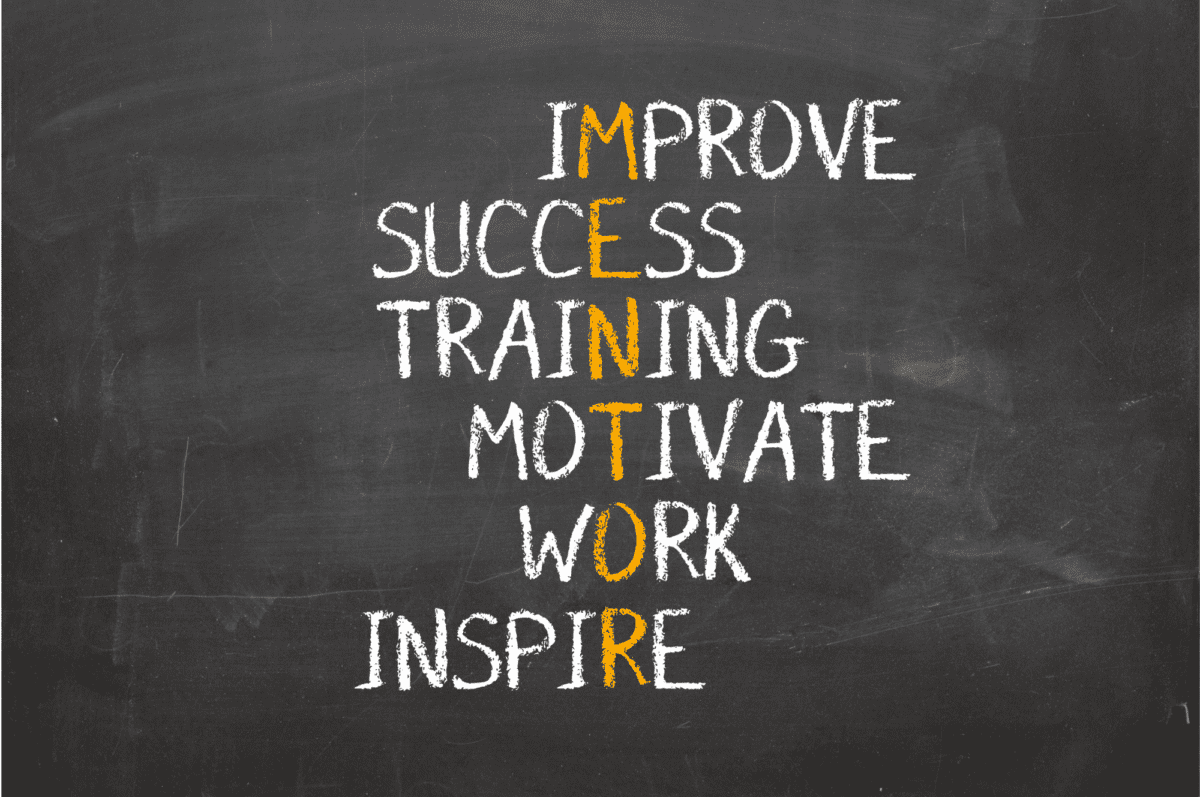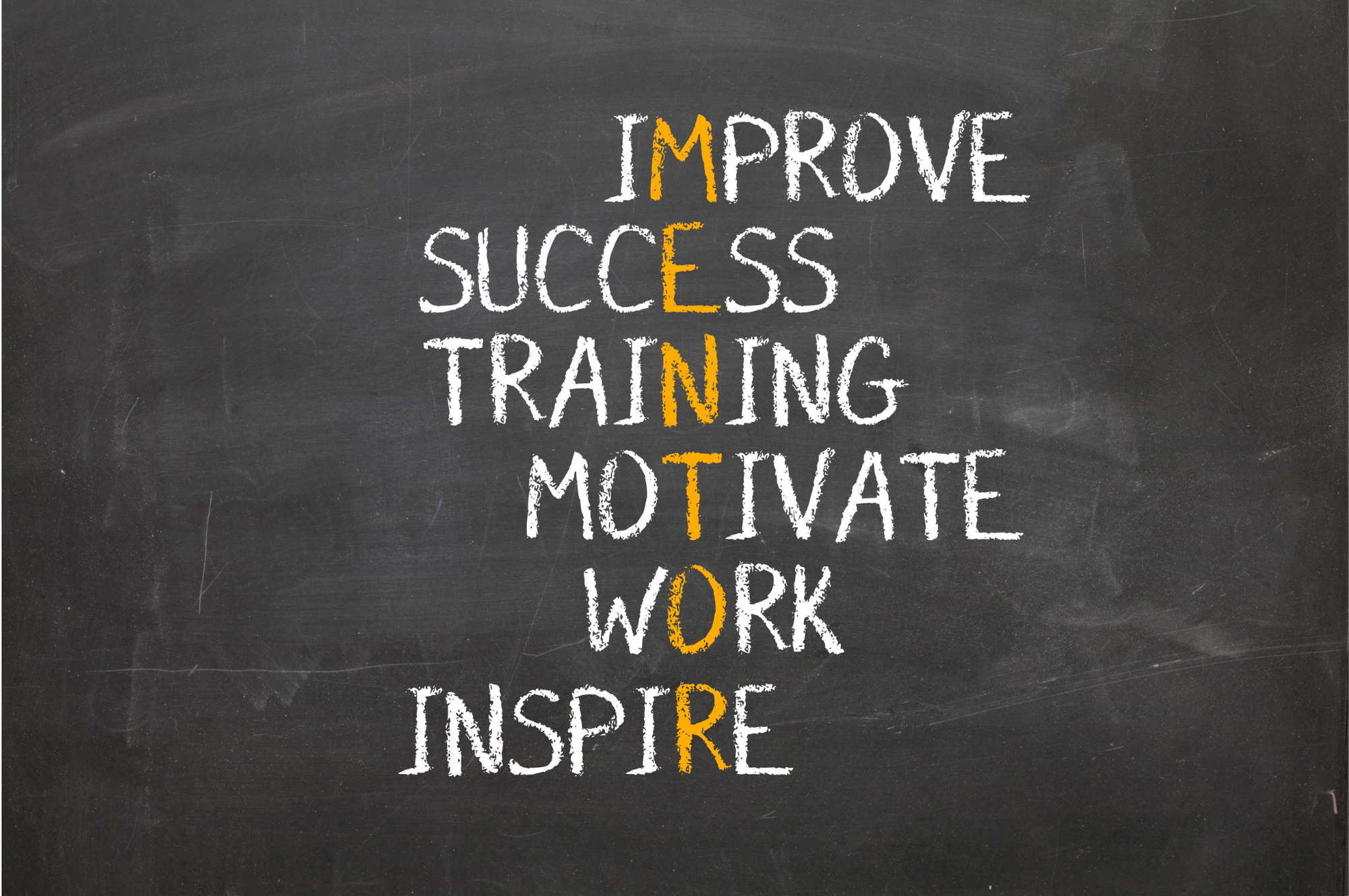Uncategorized | 3min Read
Published on June 29, 2021

Finding your niche and something you are passionate about in high school isn’t the big question here. It is about making an impact using something you are incredibly passionate about. A common mistake several applicants make is that they make an impact, but use something they do not have strong opinions towards. Unless you pick something you are genuinely interested and invested in, there is no way to make an impact that satisfies you.
While applying to colleges in countries like the USA, and especially to colleges like Harvard, Stanford, or other top-tier colleges, one of the biggest challenges students face, apart from the GPA and grades, is the extracurriculars (ECs) that they want to include in the application. Whether it is sports, public speaking, theatre, or any other pursuit outside of school, students try to take their ECs to another level by participating in championships or applying for scholarships. Contrary to popular belief, you do not need to do ten different activities and be good at them; instead, having just one activity you are highly passionate about can say a lot about you!
Having said that, it is not always easy to make an impact. Here are the critical steps to make an impact using your extracurriculars:
Step 1: Identify
The first step is to identify your niche and your passion. This step requires taking a deep dive into everything you have tried and done for as long as you can remember. Students often mistake doing what other students at top-tier colleges did to get accepted into them. However, it would be best to find something that makes you happy and something you can continue to do for your four years of high school. It does not have to be mainstream –you do not have to pick a popular sport or a musical instrument or appear in your school drama to get noticed. You can turn something as simple as organizing, calligraphy, or track and turn it into something that shows your determination.
Incidents as tiny as running a marathon in the second grade can make you think about your interest in track. Even growing a sapling for a school project can make you realize your love towards the environment, making it much easier for you to take up environmental issues as your extracurricular!
Step 2: Invest
The next step is to invest more time and hard work into your EC. Once you identify your interest, you must take time to explore different aspects and branches of the activity. It is often a trial and error method, and there may be times where you dedicate much time to something only to realize that it is not meant for you, and that is perfectly normal.
After investing time and interest into your activity, you will either realize you want to continue working towards it in high school, maybe even in college, or that you need to re-evaluate everything. In the second case, you’re back to square one, but it is not as bad as it sounds since failures are learning experiences too. After a couple of tries, or just one, you’ll know that it is time to move on to the next step.
Step 3: Impact
The last step is how you make an impact and take your passion to the next level. Once you have invested enough time and achieved the first two steps, you will know what to do, whether it is starting a petition related to climate laws, representing your state in sports championships, or even being the next Mary Kondo for organising, or taking part in marathons for significant causes, like fundraiser marathons and Keep The Beach Clean marathons. The last step is your canvas: you can paint it however you like. Make an impact.










